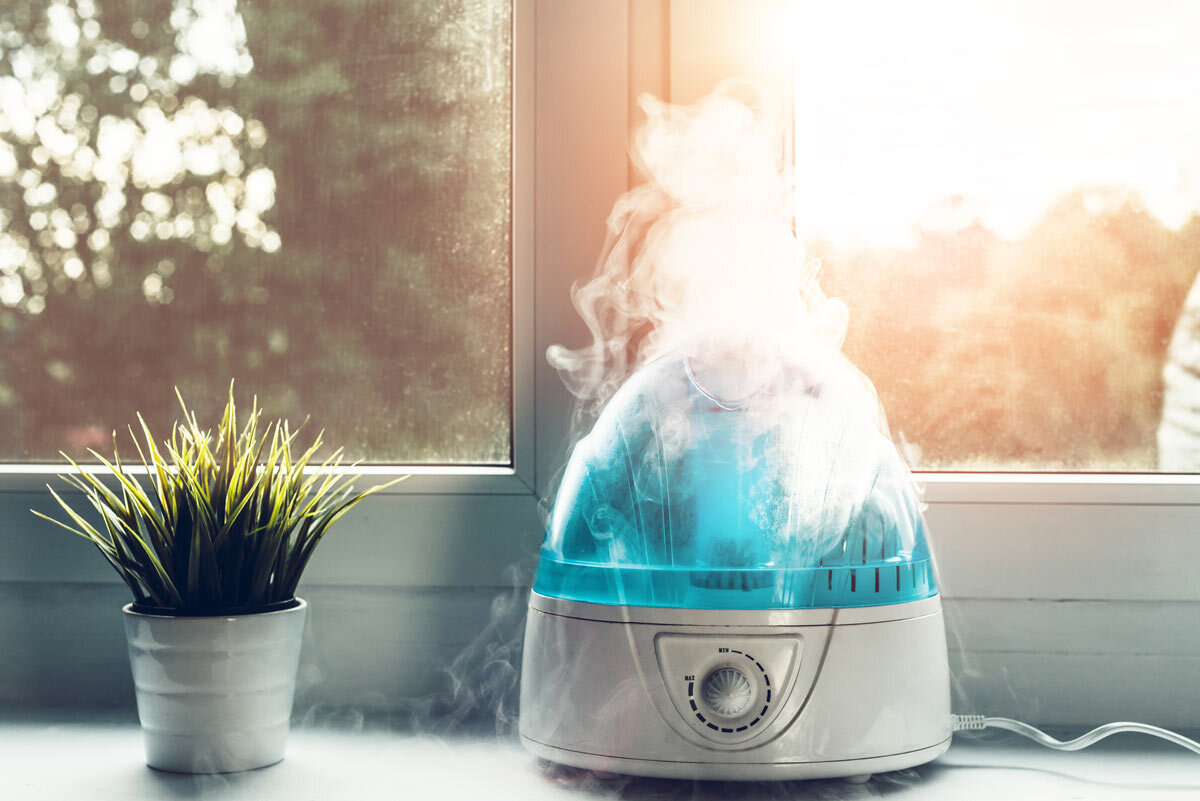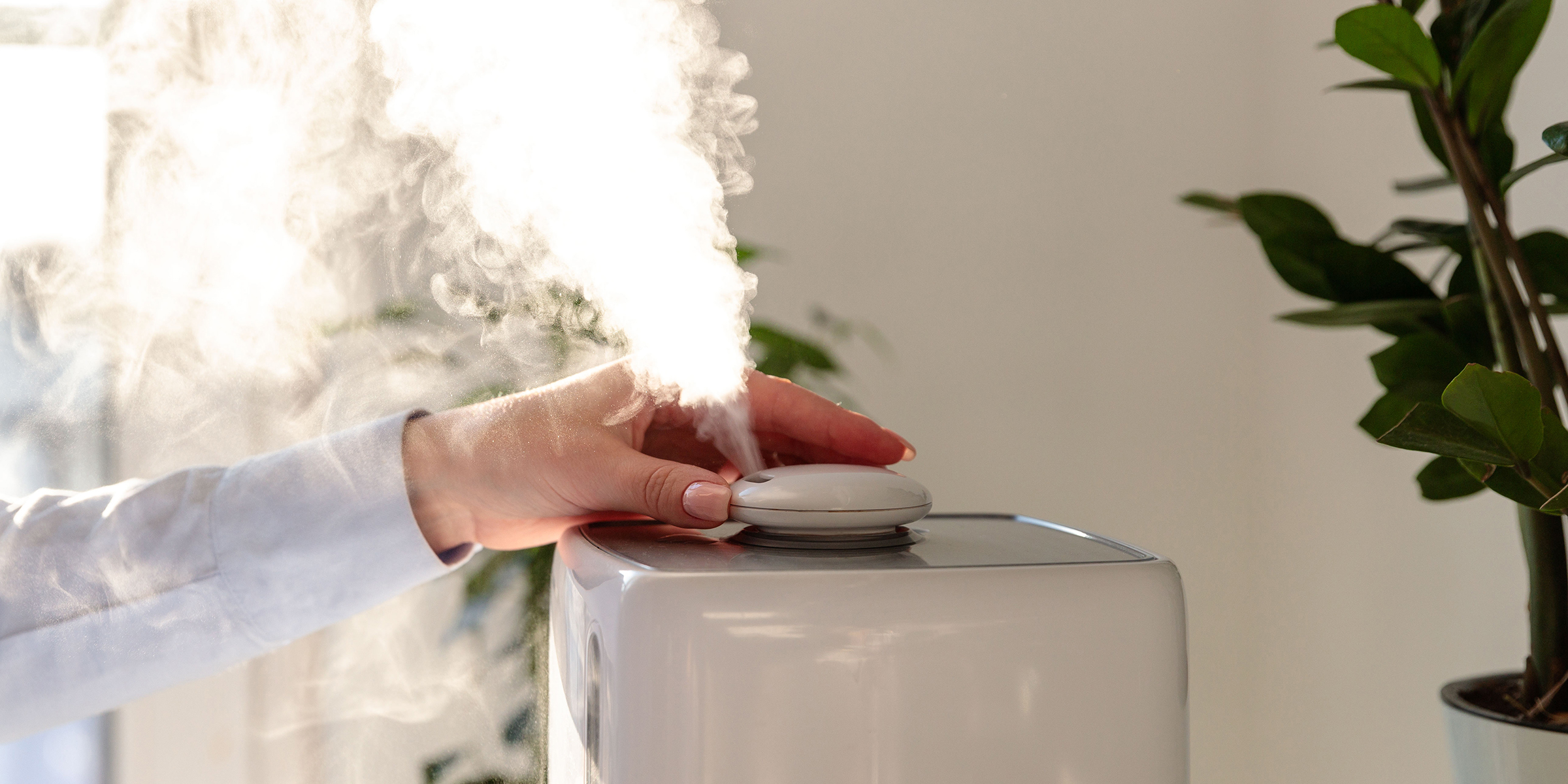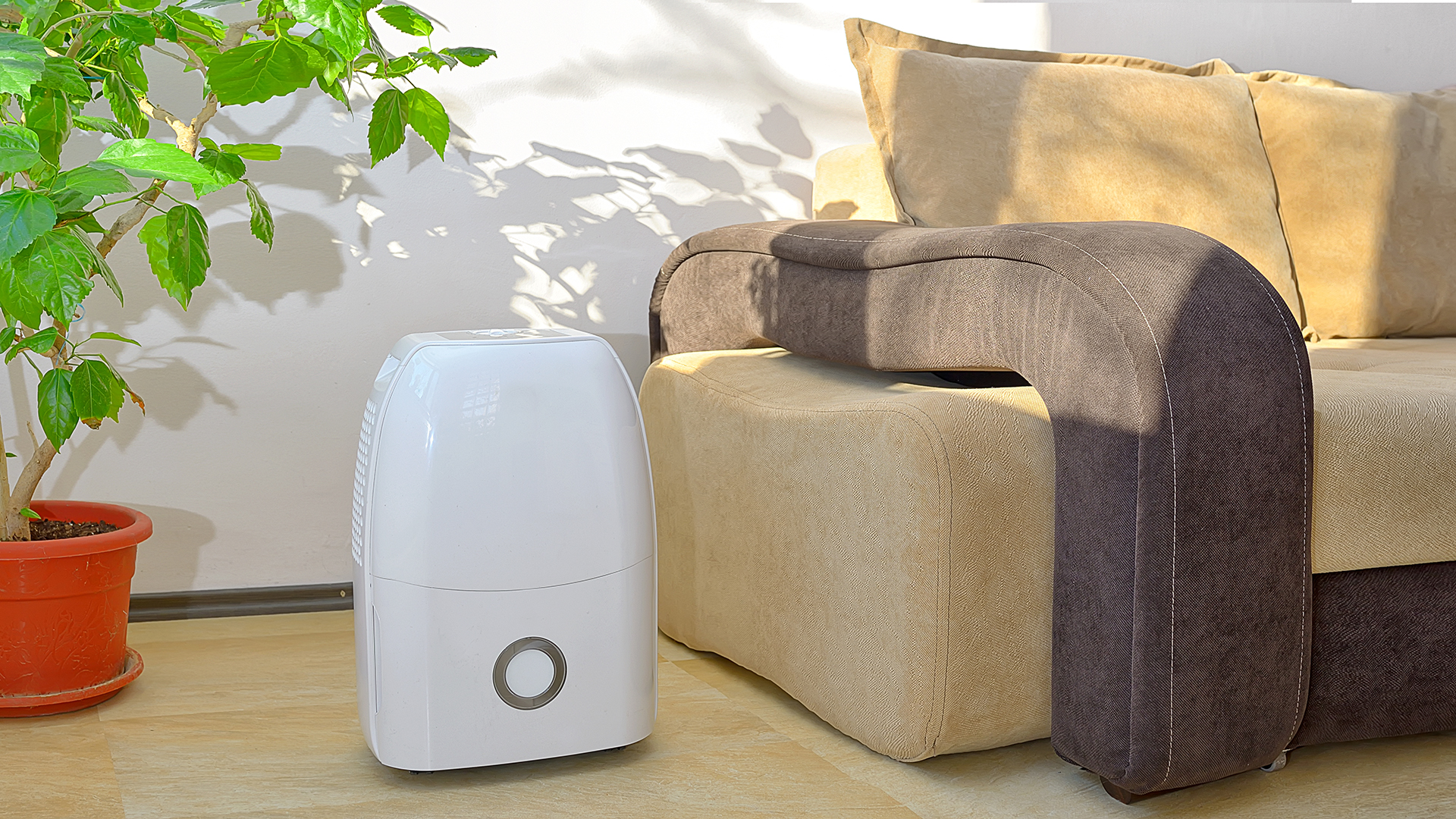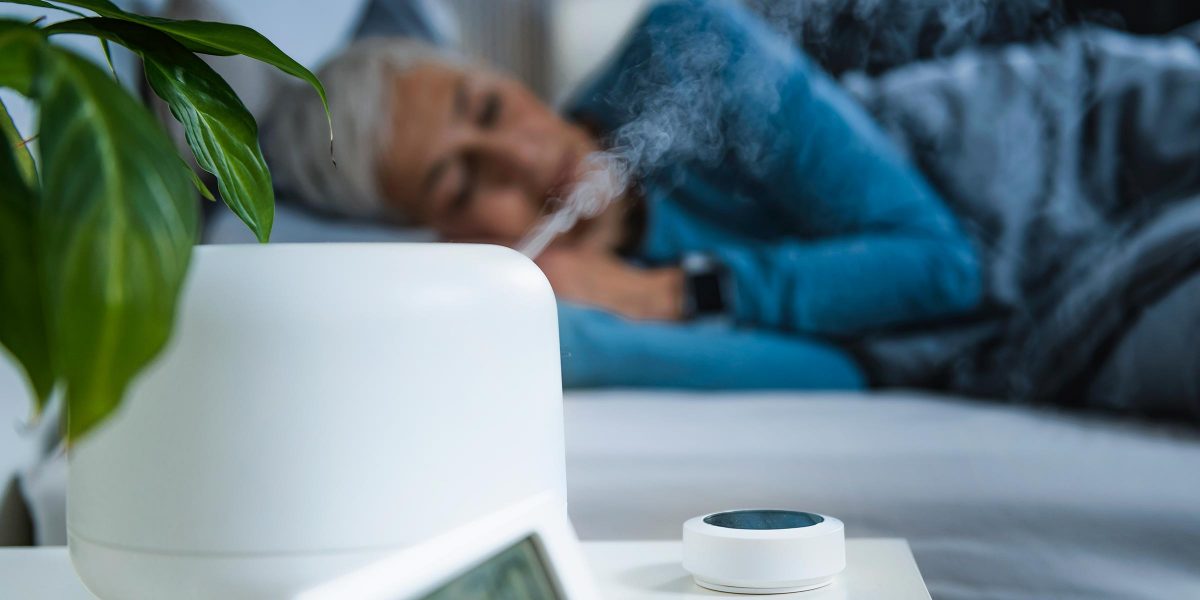Humans as a species have always been uncomfortable with unfamiliar environments. Even though the modern world is much safer compared to the African savannah where our ancestors used to live, we still feel some kind of stress and vigilance when we are in an unfamiliar environment. However, our house is the very antithesis of “unfamiliar” – it’s natural to feel comfortable and relaxed in the place where you’ve lived for years and where you know every nook and cranny intimately.
What defines a comfortable home is unique to everyone, that’s for sure; however, a comfortable house isn’t just about the décor or being proud of having your own space; it’s also about how cozy and inviting your home feels. And, one way people make sure their house stays comfortable is by setting the thermostat to the right temperature. But, they often fail to consider the most essential factor: humidity.
Just like how a home feeling too cold or too hot can affect its comfortability level, similarly a humidity level that’s too high or too low can have a significant impact on how you feel. A review of the health effects of humidity in indoor environments suggests that too high or too low humidity in a house can actually make you sick. And, during a particular time of the year, you’ll find that the air of your house would be either uncomfortably too humid or too dry. Hence, this makes the whole concept of maintaining an ideal level of humidity even more challenging.
Perhaps, you need a humidifier or dehumidifier to help in regulating the humidity level of your house. But, how to know which one would best suit your needs?
The Difference Between a Humidifier and a Dehumidifier

Most people would agree that the ideal home temperature should be from 68 to 78 degrees Fahrenheit. But, what’s the healthiest humidity level for a house?
According to the Environment Protection Agency, it is recommended for a house to have a humidity level between 30-35 % and the Consumer Product Safety Commission as well as the Mayo Clinic make the same recommendation. Throughout the years, a majority of health problems related to humidity have been reported and research found out that in most cases people were unable to maintain the ideal humidity level in their homes. Maybe all they needed was a humidifier or a dehumidifier. But, what’s the difference anyway?
Basically, a humidifier works by adding moisture to the air and increasing the humidity of an indoor space while a dehumidifier is designed to remove moisture in the air and lower the humidity level in a house.
When to Choose a Humidifier?
In general, if your house or your country is always dry, then you might need a humidifier. If your skin always feels dry and if your plants are shriveled and keep dying all the time, it’s a sign that you need to buy a humidifier. ASAP!
On cold winter days, especially in the north, the humidity level will fall drastically and when heating the air in your house, the warm air will absorb more moisture and cause the humidity levels to fall well below 20 %. That’s when you’ll need a humidifier.
Additionally, during the winter months, your airways narrow due to the cold and lack of humidity in the air; this can easily cause dry mouth, sore throat and cough. However, according to several health experts, using a humidifier can alleviate the symptoms.
When to Choose a Dehumidifier?
You will need a dehumidifier when you have excessive moisture in your home. If you live in an area where the humidity is very high, such as Hawaii or Florida, then you would need to use a dehumidifier to keep the air in your house dry and comfortable.

